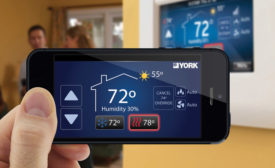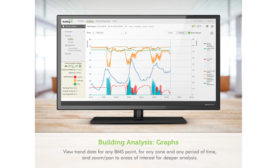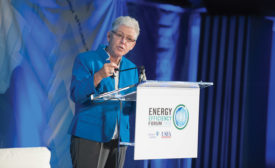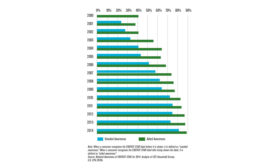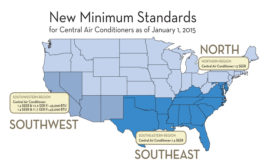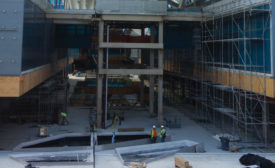Energy Management Features
Simple-to-use, high-tech thermostats are gaining market acceptance across all demographics
Read More
BMS Adoption Grows in Small-building Market
Improved technology, potential for savings drive interest in energy management
Read More
EMP Certification Targets Energy Conservation, Building Performance
New credential combines energy analysis with commissioning
Read More
Energy Efficiency is Helping to Drive the Economy
Efficiency investments are projected to generate more than 250,000 new hires in 2016
Read More
New A/C Reporting Rules Coming
HVAC distributors, contractors must abide by new requirements as of Aug. 15
Read More
HVAC’s Role in Net-zero Buildings
Heating and cooling systems are key players in net-zero-energy building projects
Read More
Certifications Increasingly Important for Commercial Contractors
Mechanical contractors working in high-performance buildings need appropriate credentials
Read More
Projects Highlight Ways to Optimize Building Energy Efficiency
Five case studies outline how different solutions help building owners reach their efficiency goals
Read More
Copyright ©2024. All Rights Reserved BNP Media.
Design, CMS, Hosting & Web Development :: ePublishing
